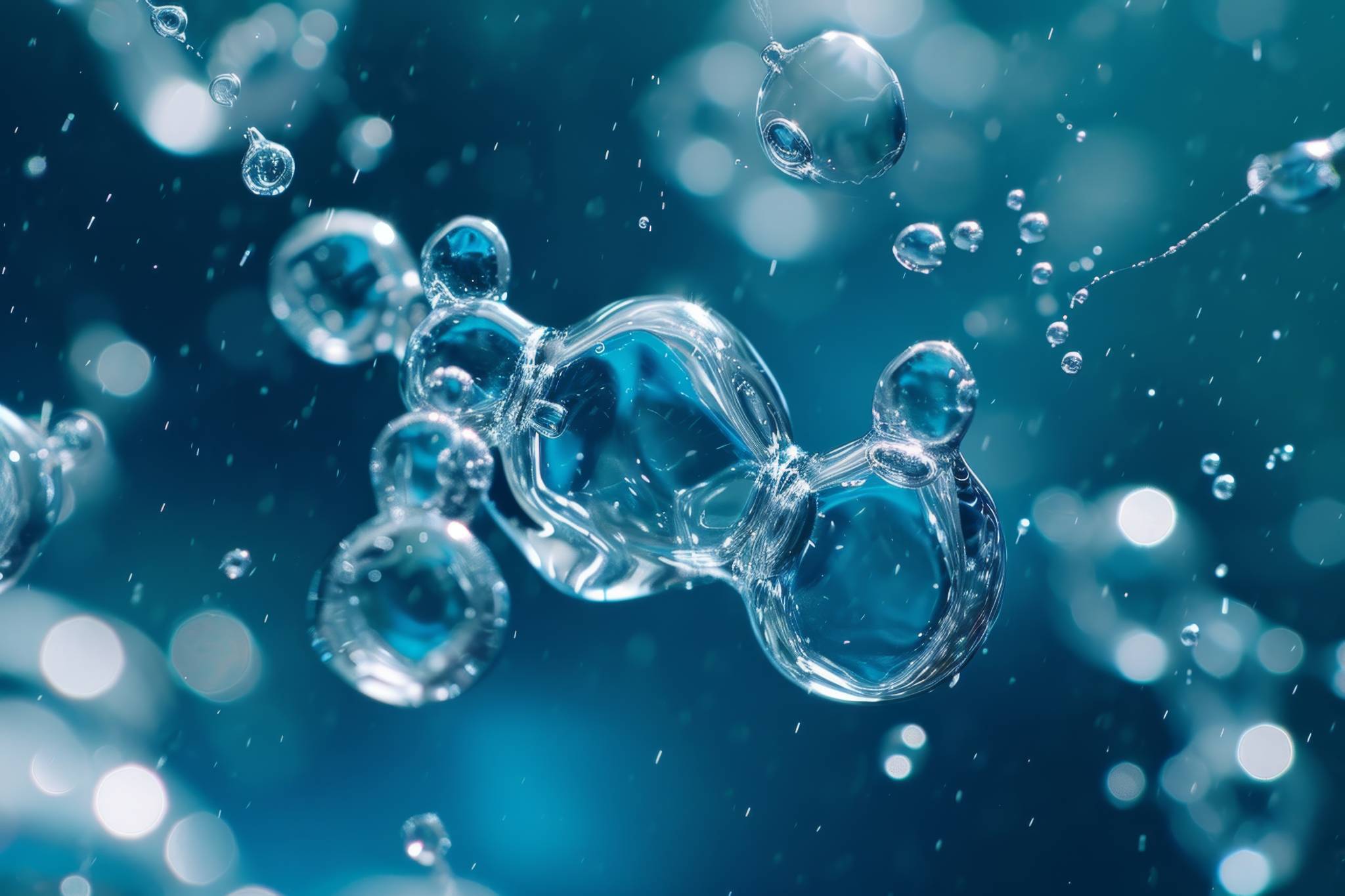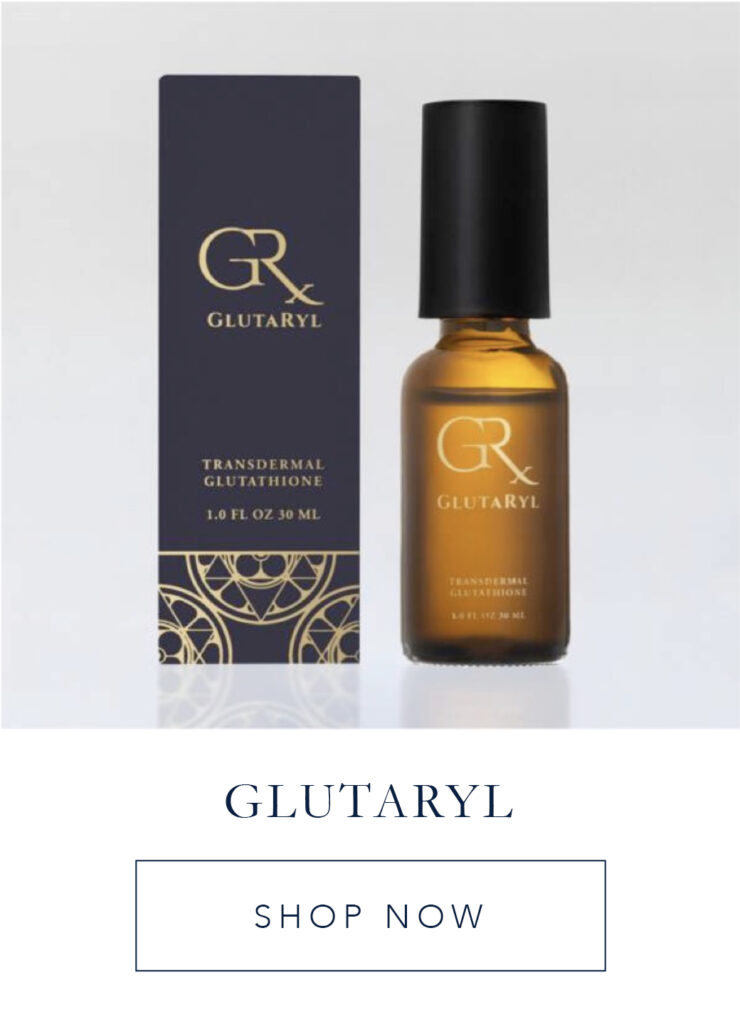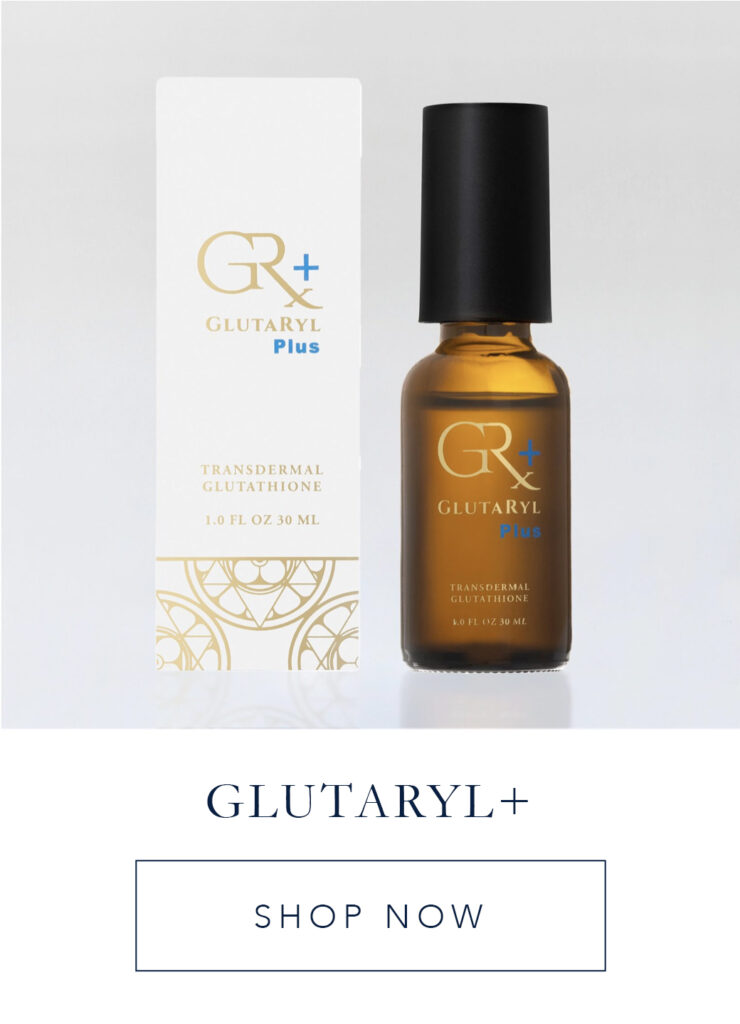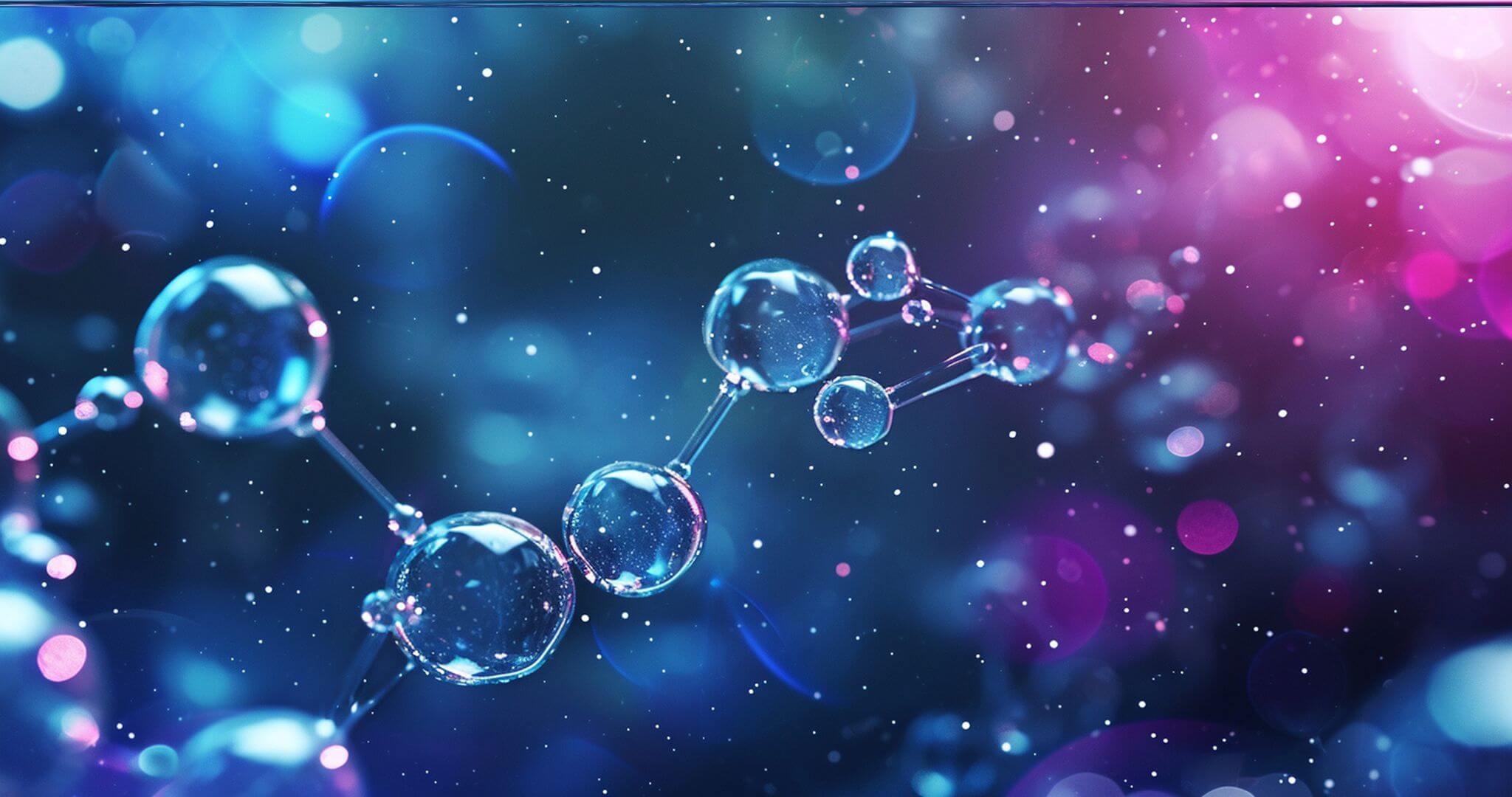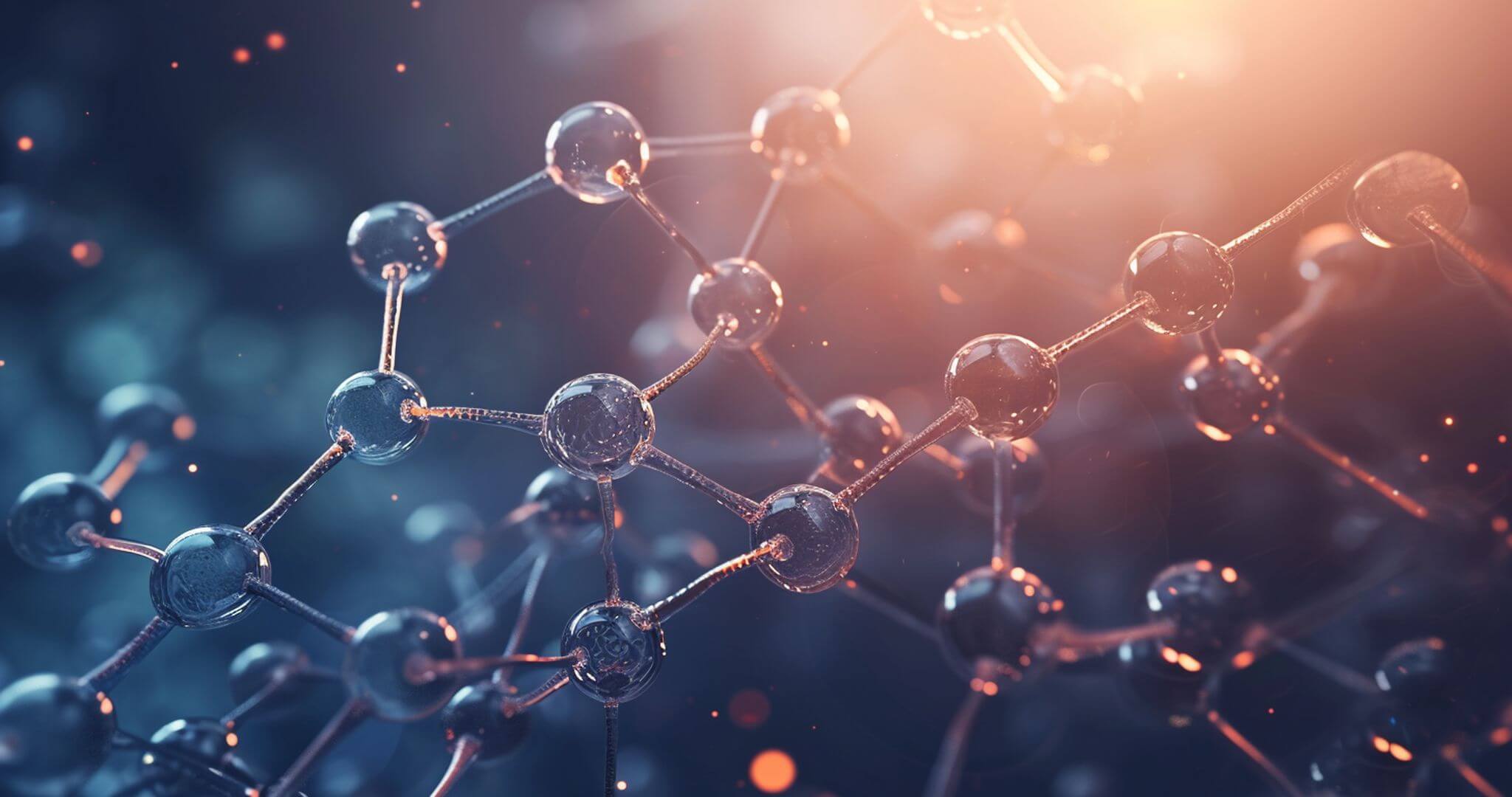Benefits & Side Effects of Glutathione | Auro Wellness
A Comprehensive Guide to Glutathione: Key Benefits & Side Effects
Antioxidants are essential for protecting the body from the harmful effects of free radicals, which can lead to illness and disease. While antioxidants like Vitamin C and Vitamin E are well known, Glutathione stands out as the “Master Antioxidant” due to its crucial role in supporting overall health and vitality. It powerfully works to fight disease, slow aging, and increase energy. Produced by the body, Glutathione serves as the primary defense mechanism against oxidative stress and is vital for processes like immune function, cellular repair, and detoxification. In short, Glutathione affects just about every aspect of health. Maintaining optimal levels can enhance everything from better quality sleep to cancer prevention and beyond.
Why is it important to know about Glutathione? Every one of us has the power to boost our Glutathione levels, which is crucial for long-term well-being. Lifestyle choices, diet, and natural, proven supplementation make all the difference! Explore our Glutathione Products.
What is Glutathione?
Every human begins life with abundant levels of Glutathione (GSH), a small but powerful molecule that helps protect cells from damage caused by free radicals. Made up of three amino acids -cysteine, glutamic acid, and glycine – it is found in almost every cell in the body. The liver is the main source of Glutathione because it can produce cysteine, one of its key components, through a specific internal process. Glutathione is created in the body by combining glutamate and cysteine, then adding glycine to form what is known as GSH, the active and most abundant form of Glutathione. This sets Glutathione apart from other antioxidants mainly derived from plant sources outside the body.
- Glutathione neutralizes harmful free radicals. Glutathione plays a crucial role in neutralizing free radicals and helping to prevent oxidative stress, which leads to illness and disease. Free radicals are unstable molecules that cause oxidative stress when not balanced. Oxidative stress can damage cell tissues and DNA, leading to various health problems, including diabetes, cancer, neurodegenerative diseases, and more, because it disrupts cellular structure and hinders normal cell function. Glutathione is crucial for effectively scavenging free radicals directly and indirectly through enzymatic reactions. This protects cells from damage.
- Glutathione detoxifies. The liver has the enormous job of detoxifying the body by removing harmful substances through waste. This includes metabolic waste, toxins, chemicals, poisons, and heavy metals. Glutathione plays a significant role in helping the liver with the cleansing process to break down these substances. It binds to toxins, making them more water-soluble so they can be removed through urine or stool. If the liver is sluggish and cannot detoxify properly, our bowels, energy levels, and overall health are affected.
- Glutathione recycles other antioxidants. In addition to fighting oxidative stress and cleansing harmful substances, Glutathione also plays a role in recycling and regenerating other antioxidants like C and E, increasing their effectiveness. When other antioxidants neutralize free radicals, they become oxidized and lose their ability to fight them. Glutathione “recharges them” by donating electrons to these oxidized antioxidants so they can continue their job.
- Glutathione builds tissue. Glutathione plays a role in tissue building and repair to help the body decide whether cells should survive, die naturally, or be destroyed if damaged. Glutathione’s role in building and repairing tissue is key to immune system function.
Ideally, the body would have enough Glutathione to keep it healthy and vibrant, battling oxidative stress and inflammation throughout our lifetime. We are born with Glutathione stores, but as we age, Glutathione levels naturally decline. As Glutathione is used in the body to combat toxins, levels deplete. Toxins include pollutants, environmental stressors, stress, poor diet, alcohol, tobacco, and chronic disease or infection.
While Glutathione is set apart from other antioxidants because it is produced inside the body, it can also be boosted from plant sources outside of the body, like Vitamin C and Vitamin E.
To naturally boost Glutathione levels, fill your diet with wholesome and nourishing whole food, including fresh, organic foods and a good balance of protein, carbohydrates, and fat to help the body run optimally. Skip highly processed food with preservatives and other chemicals that stress the body to expend less Glutathione, fighting free radicals and dealing with heavy metals.
Auro Wellness Founder Dr. Nayan Patel’s book The Glutathione Revolution outlines a comprehensive list of foods containing Glutathione or other substances that promote the production of it, which are foods with high concentrations of cysteine, Vitamin C, and selenium. Food with the highest concentrations of Glutathione include:
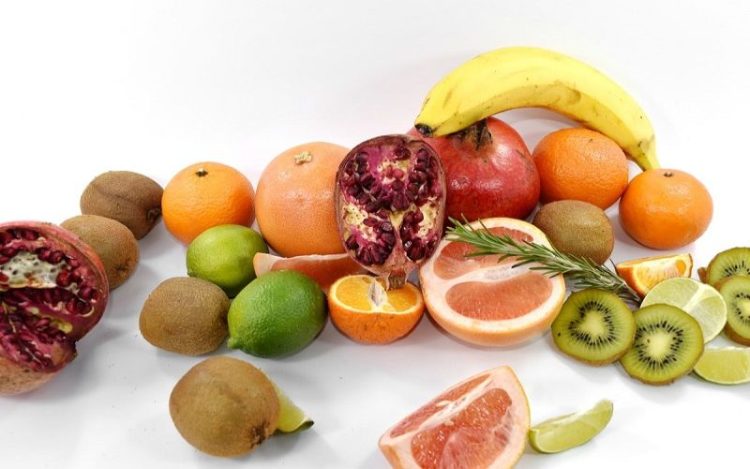
- Fruit: Avocado, strawberries, grapefruit, cantaloupe
- Vegetables: Asparagus, spinach, okra, potatoes
- Meat, poultry, fish: pork chop, steak, hamburger, chicken and fish
Symptoms of Glutathione Deficiency
What are the signs of Glutathione deficiency? Because Glutathione affects so many aspects of health, the symptoms can be wide-ranging. Here is a list of common symptoms that are linked to low Glutathione levels:
Fatigue
Feeling sluggish? Glutathione has a role in that. Glutathione is essential for efficient energy production in the body. The body’s primary energy currency source is the cells’ mitochondria. Their job is to produce adenosine triphosphate (ATP), the body’s primary energy currency. When cells and tissue have an abundance of stressors, also called oxygen-reactive species (ROS), they need adequate detoxification to balance those reactive products. Glutathione detoxifies and balances free radicals, protecting the cells and energy-producing mitochondria. It helps to maintain the appropriate mitochondrial environment to avoid mitochondrial dysfunction and cell death by detoxifying and balancing free radicals. It doesn’t stop there! Glutathione is also essential in promoting fatty acid metabolism, significantly influencing energy production.
Brain Fog
Brain fog is generally characterized as a “fuzzy head” feeling—a lack of focus, clarity, and confusion. Like our bodies, our brains need Glutathione to help rid the body of toxins that damage functionality. These toxins that affect brain health include unhealthy lifestyle choices, poor nutrition, lack of exercise, smoking, excessive alcohol consumption, chronic stress, and exposure to toxins, pollutants, or certain chemicals.
Glutathione protects cells from damage and supports brain health by neutralizing free radicals and balancing oxidative stress. It also lessens the buildup of toxins in the body that can often trigger Brain Fog.
Sleep Problems
Less Glutathione in the body means getting a good night’s sleep is more challenging. When struggling with sleep issues, the body uses even more antioxidant power to fight free radicals that are stressing the body due to sleep duress, further chipping away at your Glutathione levels. Glutathione is a sleep-promoting substance, and rising levels of Glutathione can increase deep sleep where cognitive recovery occurs. Also – the three amino acids that make up Glutathione, glycine, glutamate, and cysteine, all have properties that contribute to inducing better sleep. Glutamate helps suppress neuronal activity and increases calming alpha waves, making falling asleep easier. Glycine helps boost serotonin levels. Cysteine has a role in protecting neurons from oxidative stress.
Dull Skin
Depleted Glutathione levels affect skin health, too, by accelerating the signs of aging on the skin. Skin is exposed to external environmental free radicals all day and extrinsic skin damage from stress, alcohol, poor nutrition, etc. This exposure leads to the formation of free radicals that can cause cellular damage – wrinkles, dull skin, uneven skin tone, and rough texture – well beyond the skin’s natural aging. The first line of defense is reducing exposure to these free radicals as much as possible. But it’s impossible to have no exposure. Ample levels of Glutathione protect the cellular breakdown of the skin barrier, leading to vibrant skin.
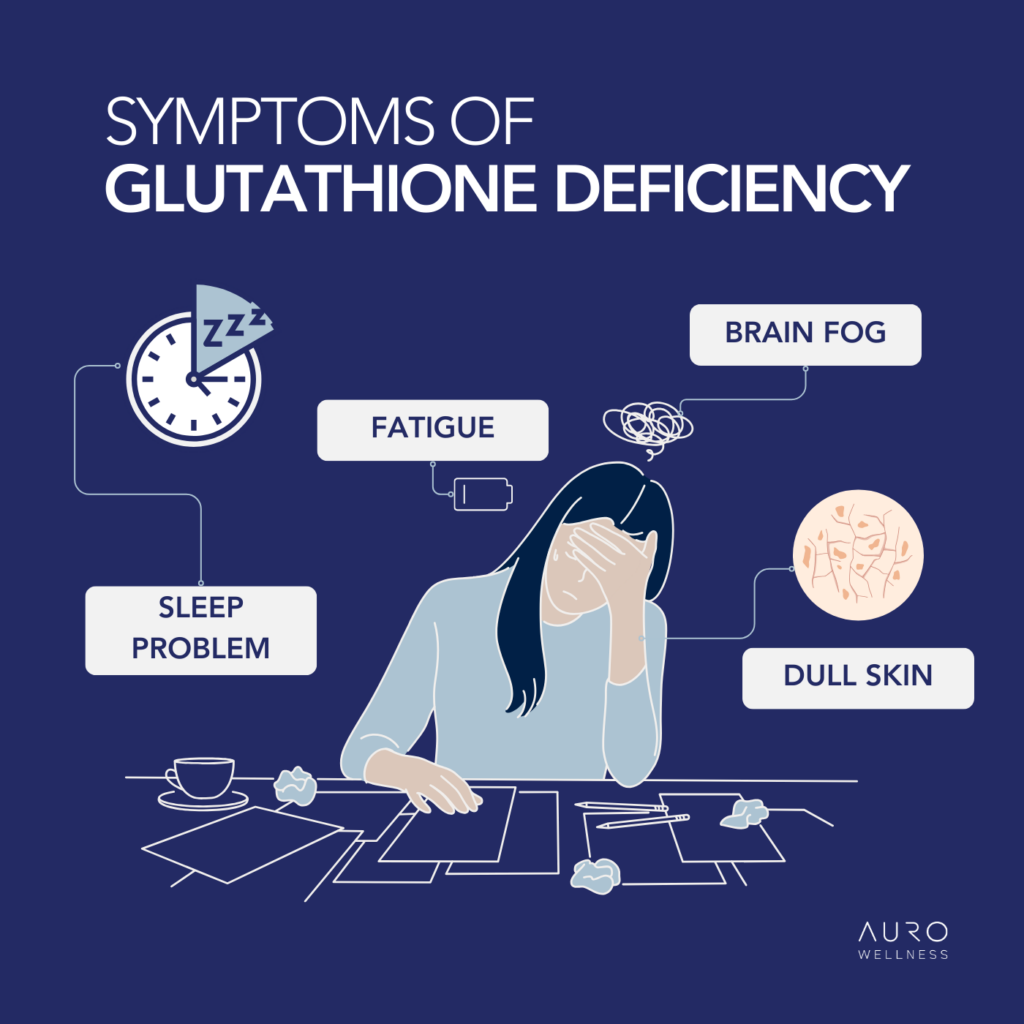
Causes of Glutathione Deficiency?
Aging
As we age, our natural levels of Glutathione decline. At the same time, as we age, Glutathione becomes increasingly essential for protecting DNA from mutations and preventing age-related diseases. Since aging cells are more vulnerable to oxidative stress and damage, the body is more susceptible to the depletion of Glutathione as it works to defend against this increased free radical harm.
Stress
Glutathione is depleted as stress rises. Studies show that moderate stress levels raise Glutathione levels, particularly in older adults with reduced levels of Glutathione. It’s a pretty fantastic function; this elevated Glutathione level is believed to play a role in preconditioning the body for stress tolerance by protecting against more severe stress. Or simply, the body gets ready to battle against elevated stress to come by increasing Glutathione stores. The downside is that stress is directly correlated to Glutathione depletion.
Drugs
Illegal drugs, alcohol, and even some medications drastically increase oxidative stress. This interferes with the body’s ability to produce and recycle Glutathione. Glutathione’s effects are far-reaching, and lower levels can contribute to numerous health problems, including organ damage, inflammation, and beyond.
Poor Diet
What can you avoid when boosting Glutathione levels? Stay away from pesticides, herbicides, fertilizers, and antibiotics that make their way into our food supply. Buy organic when possible or farmer’s markets from a local known farmer. Processed foods affect Glutathione levels, similar to the effect of food carrying chemical residues. Eat whole, fresh, and organic, and boost those Gluathionee levels!
The good news: Glutathione deficiency can be turned around! It’s as simple as 1-2-3-4 – By adopting four lifestyle habits, anyone can preserve and build Glutathione naturally. Find out more about natural ways to increase Glutathione levels.
Can I Test my Glutathione Levels?
People get there Glutathione levels tested for various reasons, including low energy levels, a weakened immune system, to ensure their body is effectively removing toxins with the help of this Master Antioxidant, and more. Doctors can test levels by measuring Glutathione concentration per gram of hemoglobin in red blood cells.
Uses of Glutathione
Glutathione is vital in tissue building and repair, producing essential chemicals and proteins, and supporting the immune system. Due to its wide-ranging functions at the cellular level, it impacts nearly every part of the body, from overall wellness to more specific actions within various systems. Here are just a few of the many ways it impacts overall wellness.
Skin Care
The powerful detoxification benefits of Glutathione extend to the skin as well. IT can be applied topically, with the high potency Glutathione found in Auro Wellness G, as well as with Glutaryl for full body Glutathione-boosting effects. By helping balance the free radicals that barrage our cells every day, Glutathione fights off oxidative stress that leads to aging skin and the cellular breakdown of the skin barrier. This protecting against the breakdown of the skin barrier, prevents wrinkles, dullness, uneven skin tone.
Weight loss
Many people ask the question – does Glutathione help with weight loss? It does, in a couple of different ways. First, ample Glutathione helps the liver get rid of waste and toxins. A cleanse is merely a colon clean-up, but detoxing means helping the liver work properly and truly flushing toxins out of the body that had previously slowed down metabolism or contributed to weight gain. Second, since Glutathione plays a role in mitochondrial function, which is crucial for energy production and metabolism, ample Glutathione means healthy mitochondria, which can help the body burn fat more efficiently and aid in weight management.
Health
Glutathione affects overall health in numerous ways. At the core of many health problems is chronic inflammation. The damage to healthy cells can, over time, culminate in the onset of severe or life-threatening conditions such as cancer or Type-2 diabetes. Glutathione neutralizes the free radicals that cause oxidative stress, which triggers inflammation.
Neurodegenerative Disease: Research shows that oxidative stress damages cells and disrupts their function, making Glutathione a promising treatment due to its antioxidant properties. A study highlights that Glutathione plays a key role in neurological disorders and could be a diagnostic biomarker.
Liver Disease: Glutathione reduces oxidative stress in the liver by neutralizing free radicals, lowering inflammation, and slowing liver damage. The study “Reduced Glutathione Suppresses Oxidative Stress in Nonalcoholic Fatty Liver Disease” supports its role in promoting liver health.
Benefits of Glutathione
It’s no surprise – Glutathione health benefits are far-reaching. This Master Antioxidant supports overall health by neutralizing free radicals that can otherwise damage cells, with an integral role in immune function, tissue repair, and managing inflammation. Left unchecked, chronic inflammation can harm healthy cells and contribute to serious diseases like heart disease, diabetes, cancer, and arthritis. Research highlights Glutathione’s powerful detoxifying abilities, which aid liver function, help the body eliminate toxins, and even promote weight loss.
Skin Benefits
Glutathione also benefits the skin with its anti-aging properties, reducing fine lines, wrinkles, and dullness. It can reduce melanin production, which is the culprit for uneven skin tone and melasma. Glutathione even regenerates other antioxidants like vitamins C and E, extending their antioxidant capabilities and powerful effects on healthier skin. It is not just for aging; it may also relieve skin issues like acne. Research shows that people with severe acne often have lower Glutathione levels and higher oxidative stress. Without enough Glutathione to manage free radicals, acne may be more likely to occur.
Liver Benefits
Glutathione enhances the liver’s ability to function efficiently. It plays a vital role in the liver’s two-phase detoxification process by binding to toxins, neutralizing them, and facilitating their removal from the body. It also protects the liver from the free radicals, reducing inflammation so that this important organ can do its job effectively.
Weight Loss Benefits
Glutathione indirectly supports weight loss in many ways, including aiding the liver in boosting its ability to eliminate waste and toxins from the body. While a cleanse typically focuses on cleaning out the colon, detoxification involves supporting the liver to function optimally, allowing it to effectively flush toxins from the body. By boosting the liver’s detoxification capabilities, Glutathione also helps metabolize fats more efficiently, which may aid in weight loss.
Health Benefits
Glutathione truly is a hero antioxidant, protecting the body from oxidative stress and elevating health on multiple levels. Ample Glutathione levels provide a boost ot energy, enhances overall wellness, improves mood and even reduces cancer risk. The importance of good sleep is the cornerstone to good health as well, and effect of Glutathione on sleep is tremendous as an important component of regulating sleep quality and duration.
Glutathione Supplements?
Supplementing with Glutathione is an effective way to boost its levels in the body. Delivery methods include IV, oral, and topical forms. The delivery process is crucial, as the effectiveness of Glutathione varies depending on how it is absorbed.
A study on transdermal application of Glutathione using Auro’s Glutaryl showed more effective results than oral and IV delivery methods. The research focused on Glutaryl spray and its therapeutic potential against mycobacterium infections. Findings suggest that the topical application increased Glutathione levels, reduced oxidative stress, and improved immune response, enhancing the body’s ability to control M. avium infection.
In comparison, A clinical trial of Glutathione with oral supplements showed an increase only in the plasma and no increase in the red blood cells (RBCs). Plasma Glutathione has a short half-life, so its effectiveness may not be transformative.
A study on IV Glutathione shows that after a high dose, none ended up in red blood cells, and all stayed in the blood plasma. The Glutathione only remained in the blood for about 14 minutes. Although IV Glutathione skips the digestive system, its effects may not last long, and the long-term benefits are unclear.
Learn more about the Ideal Glutathione Supplements
Is Glutathione Safe?
It’s always advisable to consult your healthcare provider for safety concerns, but Glutathione is generally considered safe. However, experts are unclear if it is safe while pregnant or breastfeeding.
When looking for supplements, ensure they are third-party tested—they’ll have USP, NSF, or ConsumerLab on the packaging. This ensures that the supplement has the amount of Glutathione the label claims to have and is free of contaminants.
Maximum Glutathione Dosage
No side effects have been reported with a high Glutathione intake from diet alone. Regarding other forms of supplementation, there is not enough scientific evidence to establish a standard dose of Glutathione, so it’s wise to confirm the exact dosage with a physician. Studies have used different doses for specific medical conditions. The right dose for you may depend on factors like your age, sex, and medical history.
If excessive Glutathione is taken, side effects can include digestive issues, headache, dizziness, skin rashes, and difficulty breathing.
The Bottom Line on Glutathione
Glutathione is a key player in having a healthy body and mind. The liver produces this Master Antioxidant and detoxifies the body – affecting overall health in numerous ways. It plays a critical role in balancing the free radicals that besiege us, which, left unbalanced, create oxidative stress from unstable atoms that can damage cells. This abundance of oxidative stress is the precursor to disease, sickness, and many other effects on the body, from low energy to aging skin. GSH is vital to the immune system’s proper functioning, building and repairing tissues, and much more.
You can boost your Glutathione levels with good lifestyle choices, Glutathione boosting foods, and Auro Wellness’s proven Glutathione supplement, Glutaryl.

